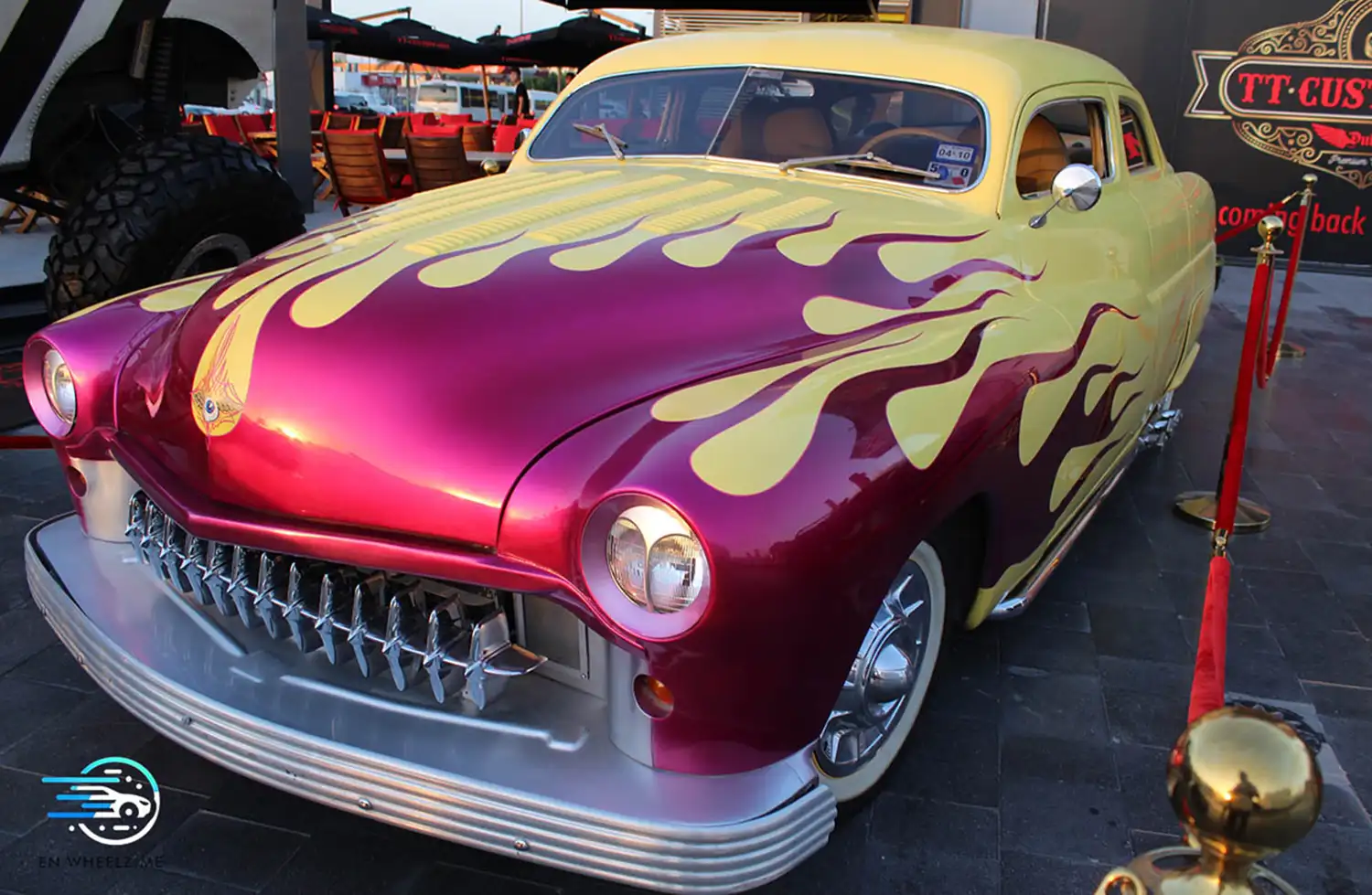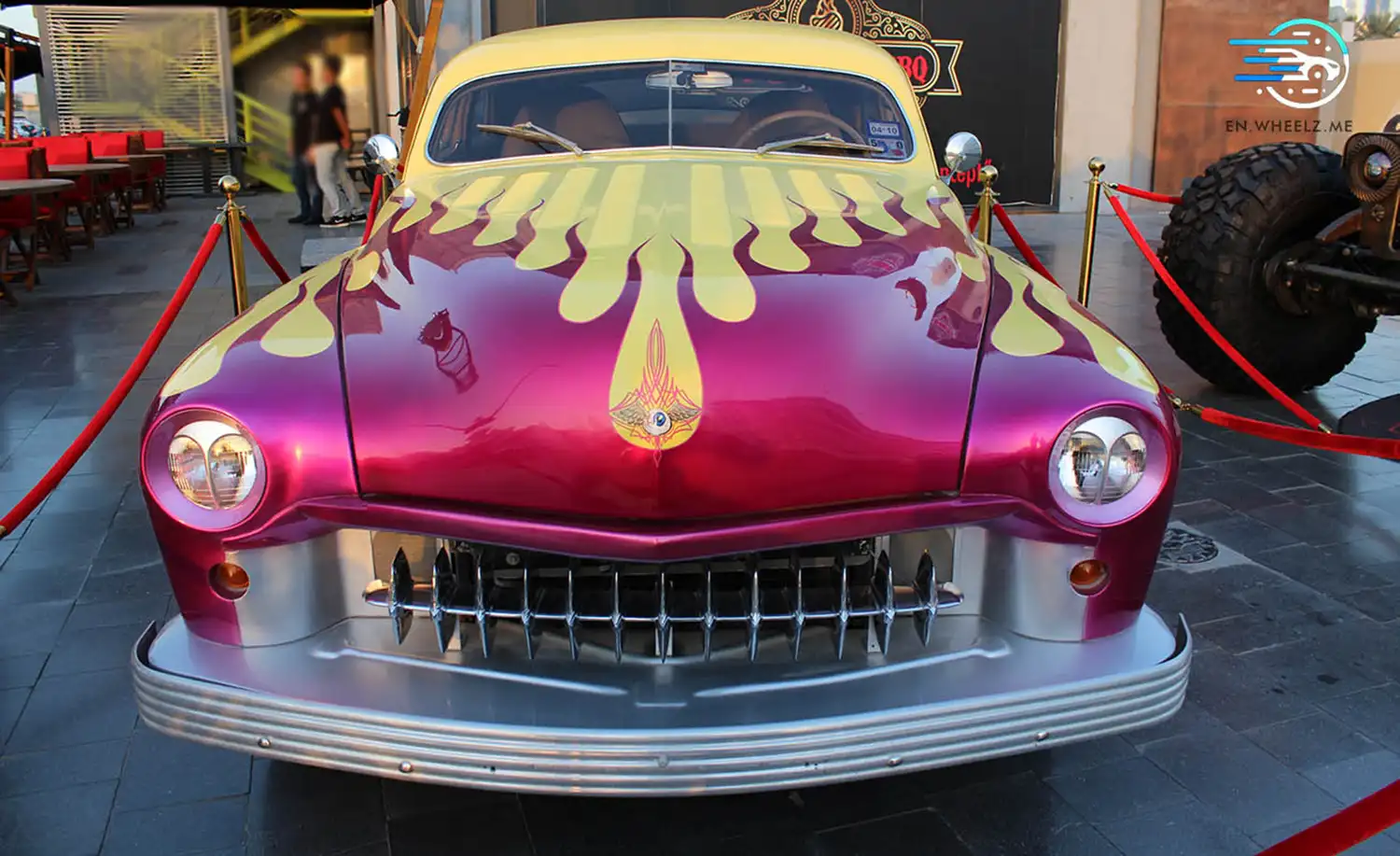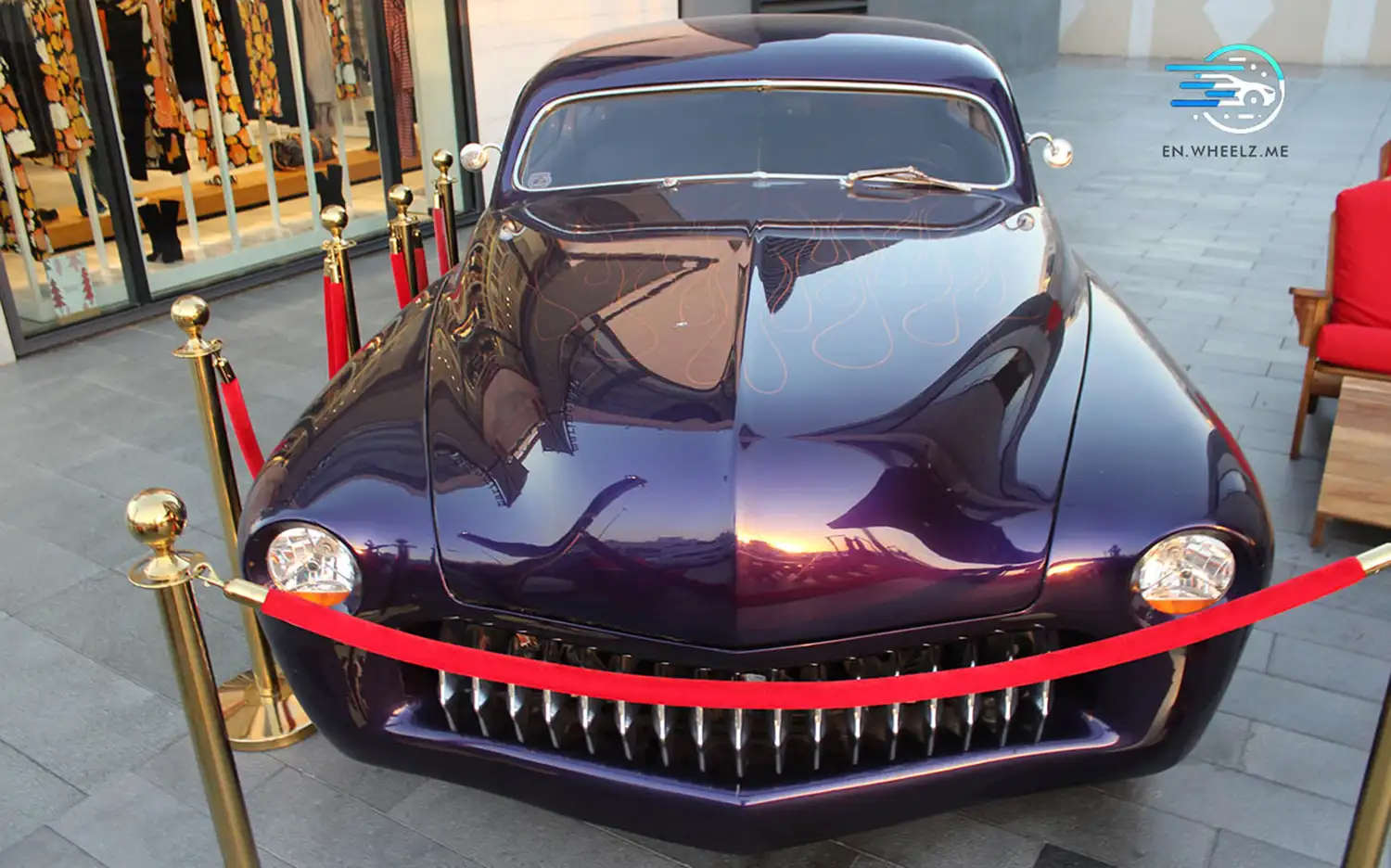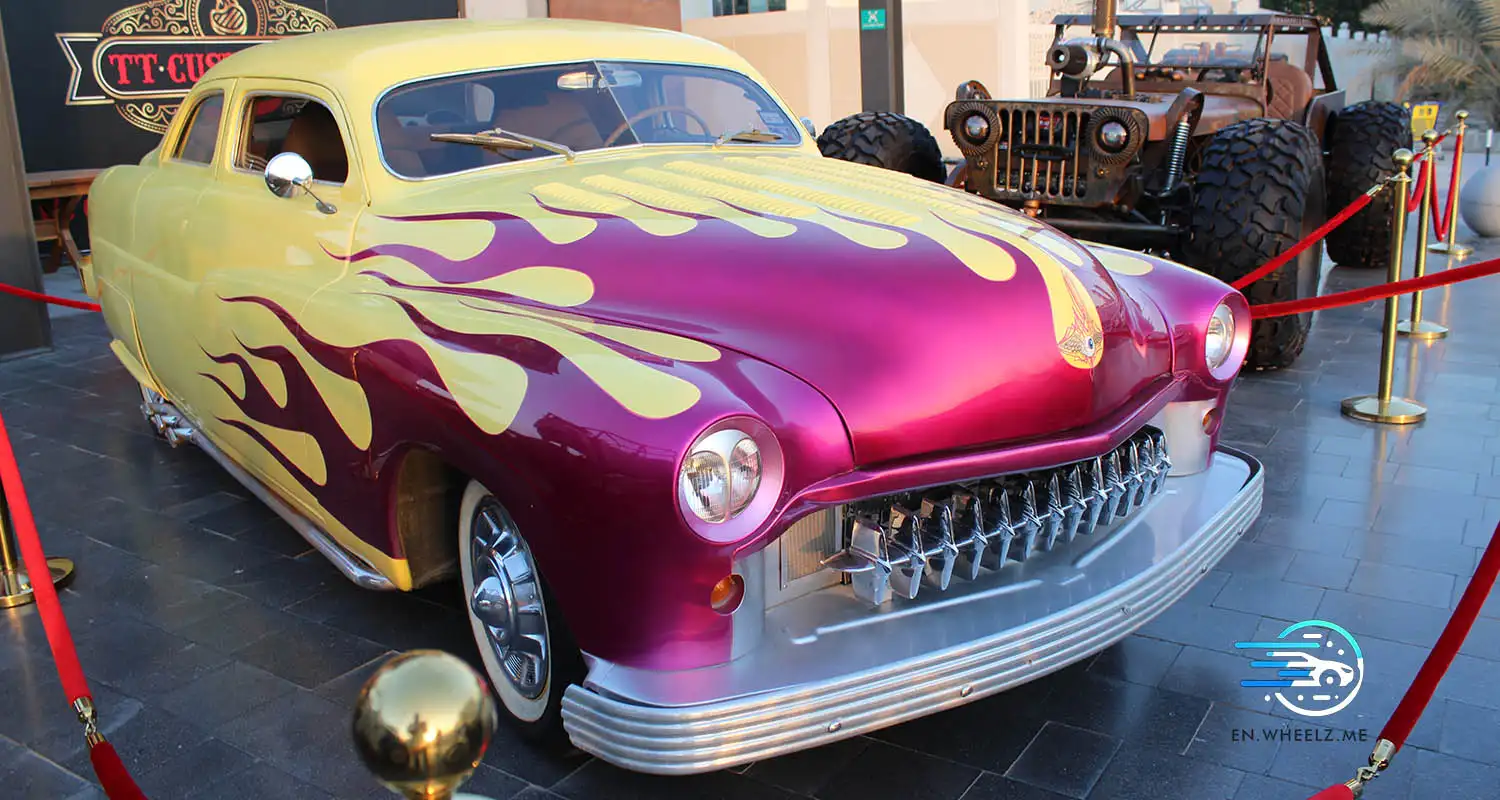
The early 1950s marked a golden era for automotive design, with Mercury cars standing out as icons of style and sophistication. But for many enthusiasts, these classic vehicles serve as more than just relics of the past – they’re canvases for creativity and customization. Let’s delve into the world of customizing early 1950s Mercury cars and explore the unique modifications that have made them legends on the road.
A Heritage of Design
Mercury cars of the early 1950s boasted elegant lines, distinctive grilles, and graceful curves that set them apart from their contemporaries. With their timeless aesthetic and attention to detail, these vehicles provided the perfect foundation for customization. From the moment they rolled off the assembly line, Mercury cars captured the imagination of hot rodders and customizers, who saw them as blank slates for expressing their individuality and style.
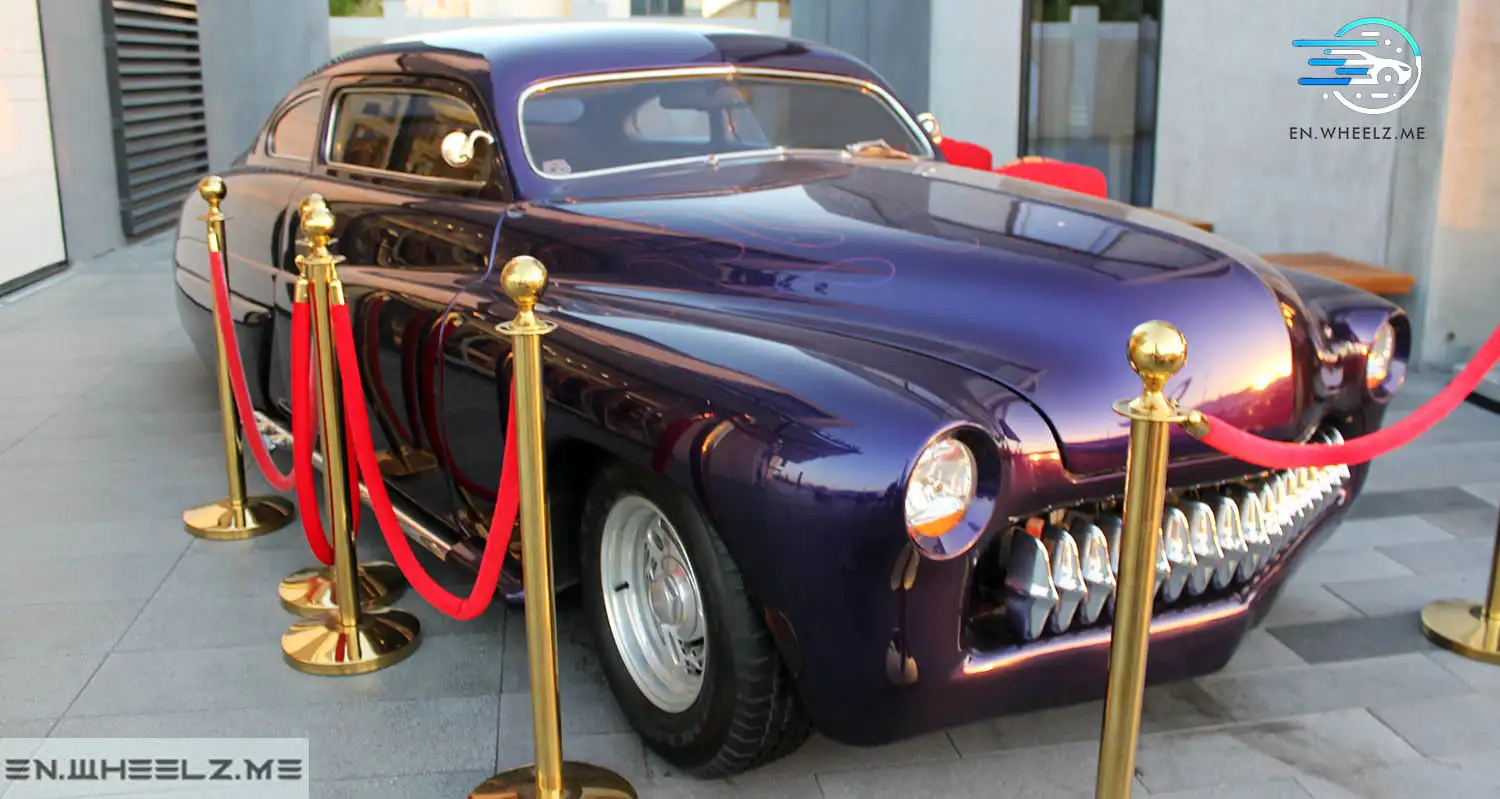
Chopped, Sectioned, and Shaved
One of the most popular customization techniques for early 1950s Mercury cars is the “chop,” which involves lowering the roofline to give the vehicle a sleeker, more aggressive profile. By removing a section of the roof and lowering the windows, customizers can create a distinctive look that turns heads wherever it goes. In addition to chopping the top, customizers often “section” the body, removing a horizontal section to lower the car’s overall and enhance its proportions.
**Shaving” refers to the process of removing external features that disrupt the smooth lines of the vehicle, such as door handles, emblems, and trim pieces. By eliminating these elements, customizers achieve a cleaner, more minimalist look that emphasizes the car’s overall design and enhances its aerodynamics.
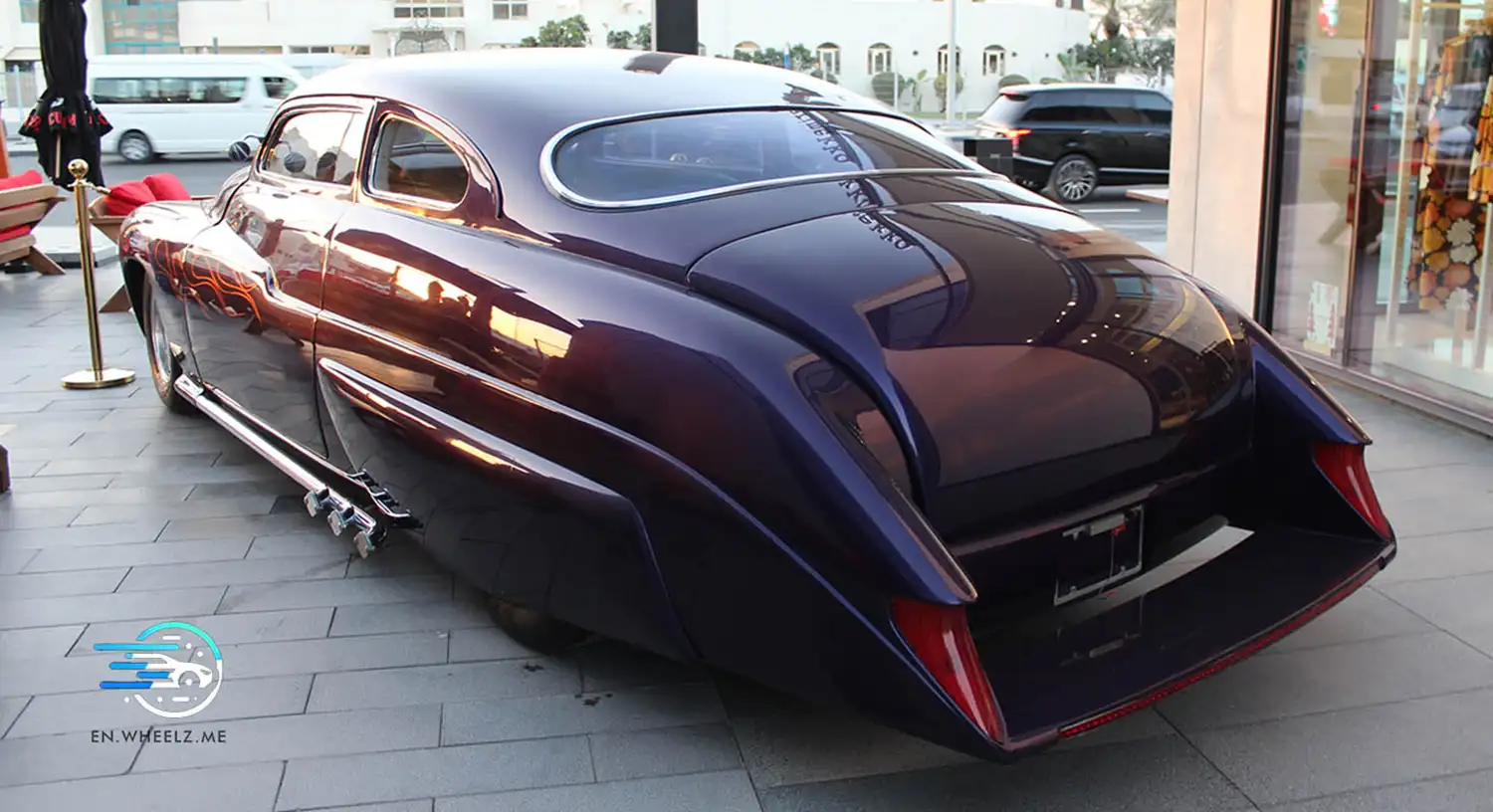
Custom Paint and Finishes
Once the body modifications are complete, customizers turn their attention to the paint and finish of the vehicle. Custom paint jobs are a hallmark of early 1950s Mercury customization, with enthusiasts opting for bold colors, intricate designs, and eye-catching graphics to make their cars stand out from the crowd. Whether it’s a classic two-tone scheme, a vibrant candy apple red, or a metallic flake finish, the paint job plays a crucial role in defining the car’s personality and style.
Performance Upgrades
In addition to aesthetic modifications, many custom early 1950s Mercury cars undergo performance upgrades to enhance their power and handling. This can include swapping out the stock engine for a more powerful V8, upgrading the suspension and brakes for improved handling and stopping power, and installing aftermarket exhaust systems for a more aggressive sound. With the right combination of upgrades, a custom early 1950s Mercury car can deliver an exhilarating driving experience that’s as thrilling as it is stylish.
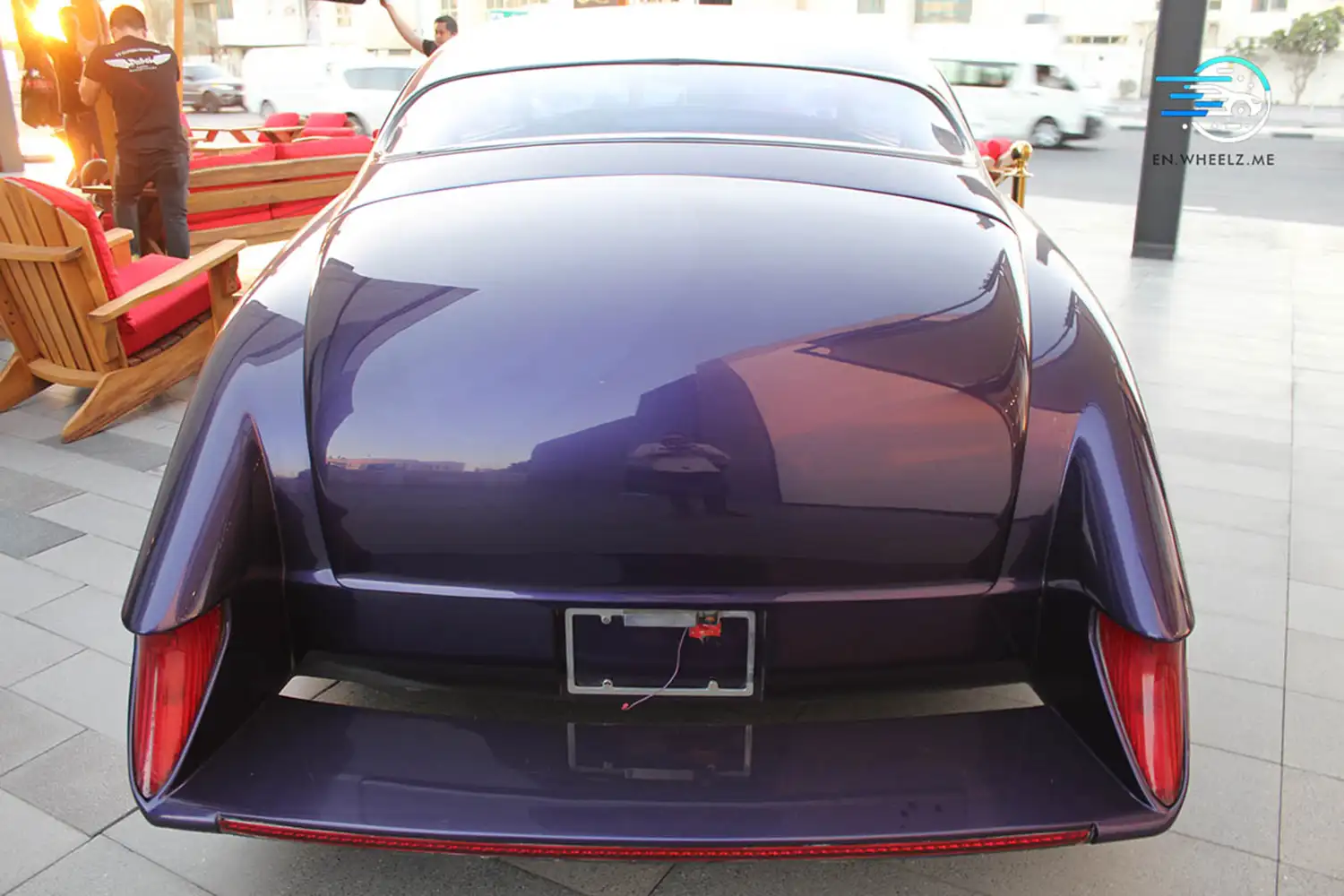
Preserving a Legacy
While customization allows enthusiasts to put their own stamp on their early 1950s Mercury cars, it’s essential to preserve the legacy of these iconic vehicles. Many customizers take great care to respect the history and heritage of the Mercury brand, ensuring that their modifications are done tastefully and with reverence for the car’s original design. By striking a balance between innovation and tradition, customizers can create early 1950s Mercury cars that pay homage to the past while embracing the future.
The customization of early 1950s Mercury cars is a testament to the enduring appeal of these iconic vehicles and the creativity of automotive enthusiasts. From chopped tops and custom paint jobs to performance upgrades and unique finishes, customizers have transformed these classic cars into rolling works of art that capture the imagination and inspire admiration wherever they go. Whether cruising down the highway or turning heads at a car show, custom early 1950s Mercury cars continue to captivate audiences with their timeless style and personalized flair.
This Article use tools from Chatgpt
